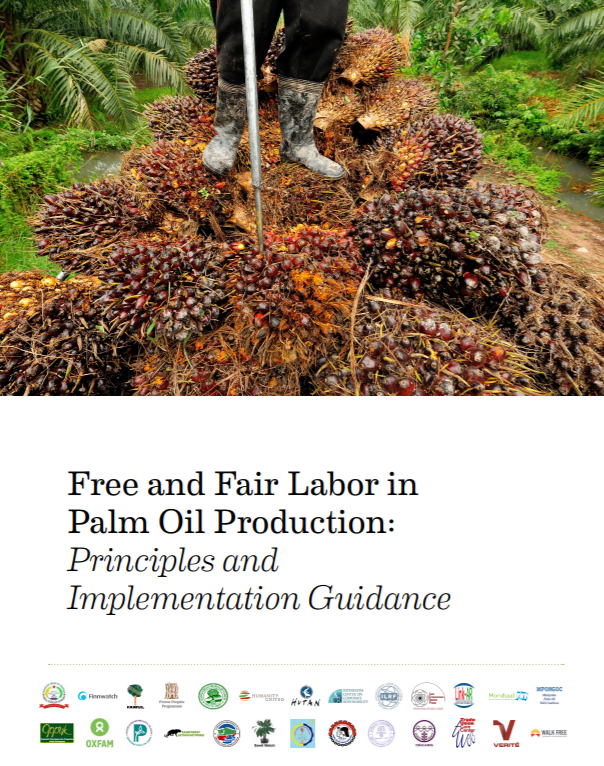Migrants and Their Vulnerability to Human Trafficking, Modern Slavery and Forced Labour
GuidanceResearch suggests connections exist between migration and criminal forms of exploitation such as human trafficking, forced labour and modern slavery. Certainly, constellations of risk are seen in certain migrant communities and migration corridors. ...Read More

